IND DC COMPOUND MOTOR 220V 250W NO BOXES ON TOP
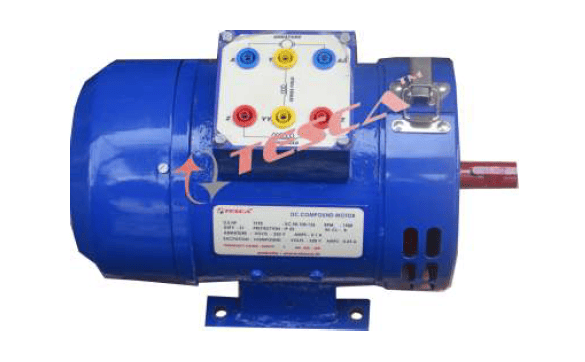
Order Code: 24257978.1.1
Category: General Lab Equipment V
Overview: DC Compound Motors have been a cornerstone of industrial applications for over a century. This educational model is ideal for both academic and industrial training purposes, allowing hands-on exploration of the structure, functionality, ...
SPECIFICATION
Overview:
DC Compound Motors have been a cornerstone of industrial applications for over a century. This educational model is ideal for both academic and industrial training purposes, allowing hands-on exploration of the structure, functionality, starting techniques, maintenance, and behavior of compound DC machines.
This system is engineered to offer students and trainees the ability to connect and analyze various characteristics of DC compound motors and generators. Through the provided terminals, users can study multiple parameters including speed control, torque behavior, excitation effects, and machine performance in motor and generator modes.
Technical Specifications:
| Parameter | Details |
|---|---|
| Available Power Ratings | 350W / 750W / 1kW / 2kW / 3kW / 5kW |
| Input Voltage | 220V DC |
| Excitation Voltage | 220V DC |
| Armature Voltage | 220V DC |
| Speed Options | 1500 RPM / 3000 RPM |
| Motor Configuration | SPDP, IP23, IC01, B3, Class-B, S1 |
| Shaft | Single or Double Shaft Extension |
| Yoke Type | Solid Yoke |
Features & Functional Study Capabilities:
-
Full dissection of machine basics, internal components, and electrical behavior
-
Hands-on connections and circuit building for experimentation
-
Designed to support learning of:
-
Starting methods (resistance and voltage control)
-
Speed and torque relationships
-
Generator vs. motor mode
-
Maintenance and wear analysis
-
Compound effects (over/under)
-
List of Experiments:
-
Study of Resistance Cut-off Starting Method
-
Study of Voltage Control Starting Method
-
Speed Control and Over-speed Operation
-
Load Test and No-load Test
-
Speed-Torque Characteristics
-
Voltage-Speed Characteristics
-
Efficiency Evaluation
-
Study of Over-Compound and Under-Compound Behavior
-
Commutation Analysis
-
Cold and Hot Resistance Measurement
-
Operational Parameters in Motor Mode
-
Operational Parameters in Generator Mode
-
Basic Overhauling and Maintenance Techniques


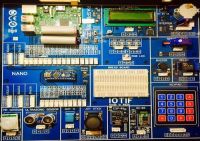
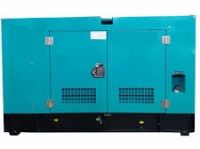
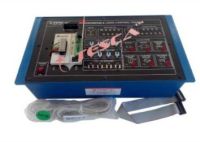

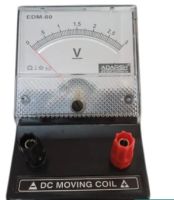
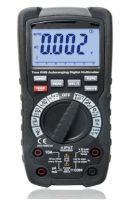
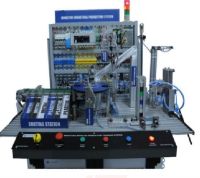


 91-9829132777
91-9829132777